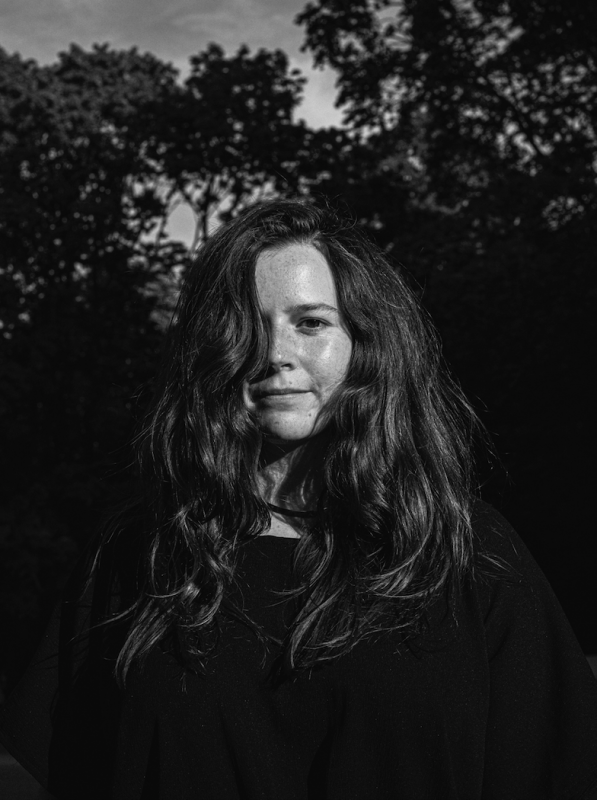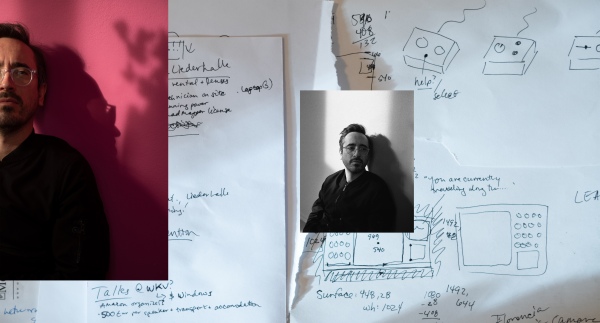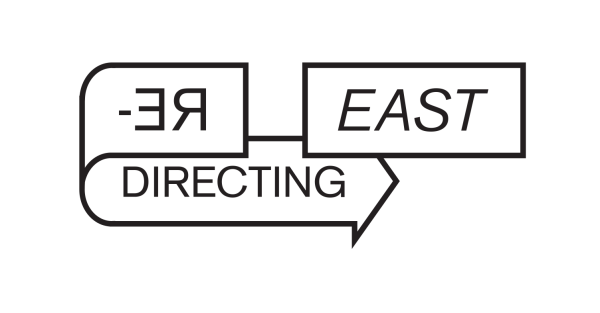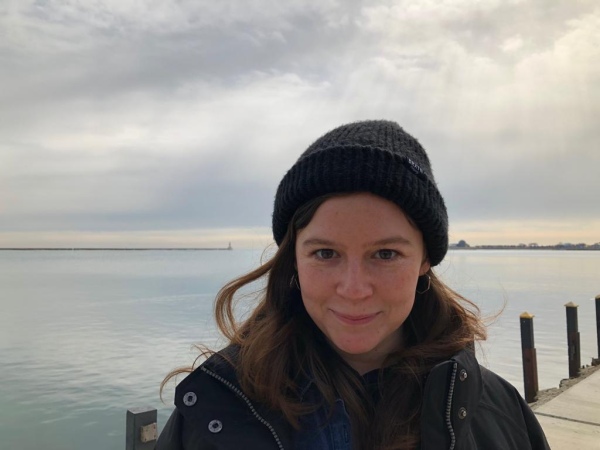Rachel Dedman on Re–Directing: East 2019
-
Marianna Dobkowska: Where do you come from and what did you bring with you to the Forum and the Re–Directing: East Seminar?
-
Rachel Dedman: I’m an independent curator and writer, based since 2013 in Lebanon and Palestine, mainly in Beirut. I work at a range of scales – from research-heavy exhibitions for museums (I was curator for five years at the Palestinian Museum), to artist-run spaces, and more ephemeral or collective long-term practices. In Beirut, for many years I have been a part of Mansion, a formerly abandoned 1930s building transformed into a public space with studios for artists, collectively maintained and governed by those who use it. It’s a rare and beautiful thing in Beirut to have a commons project in a city that is becoming dangerously privatised and elitist.
-
What I brought to the Forum and the Seminar was the research I have been doing on radio communication, as part of a collective I run with Arjuna Neuman and Lorde Selys, called Earth Hold. My research began when I was living in Ramallah, where I discovered an 80-year-old embroidered pouch for a shepherd’s transistor radio. In the same period, 3G technology came to the West Bank for the first time, and there were parties in the streets. I started exploring the history of radio in Palestine, from its origins as a colonial instrument of the British, to its development into telecommunications technology which has become imbricated in Israel’s contemporary architecture of occupation. As a collective, we are interested in the radio as a tool of resistance, in relation to specific political struggles, and on a more speculative level. The radio is an extraordinary pre-organic phenomenon – part of the electromagnetic spectrum, it is around us all the time, like light. Radio communication is waves, physics, oscillation; radio astronomy is a practice that uses such waves to map the cosmos or listen to thunderclaps on the other side of the world. We perceive a transnational potential in such an elemental body. Our project, Radio Earth Hold, explores how the radio might enable us to rethink communication and communion, to understand the body as a transmitter, and the world as a series of infinitely mobile animal and human broadcasts.
-
-
What was your residency and seminar experience?
-
We talked a lot as a group about the sheer precarity we face as curators, whether we work independently or within institutions, and how difficult it is to operate within or despite the systemic conditions that generate this precarity. Something we were attempting to do collectively as residents and hosts was to think about whether it is possible to build a transnational institution of the future together – this was one of the ambitions of the residency. Although it didn’t happen, and at times the conversations became difficult or frustrating, this was, I think, partly the point. Designing the future is never straightforward, especially with those you’ve just met. It requires a lot of (problematic) hubris, and the time and labour that we have already established are at a particular premium for freelance curators. But having the idea of a longterm project as the provocation at the heart of our discussion was powerful, even if divisive. It is always refreshing to spend time in a new context, to be stimulated by both place and people.
-
-
What will you take with you from the residency and the seminar?
-
Rarely do we get a chance to attempt something ambitious, or even a little mad, with a group of strangers for a month. So for me, the institution-building aspect of the residency was an important challenge. I learned a lot from all the interlocutors with whom I spent time; in my experience, it’s these encounters, relationships, and friendships that are usually the most precious trace, and long-term gift that a residency gives you. I know that conversations with people here will continue over the coming years, and may blossom into work, collaboration, and continued intimacy. This for me is a real antidote to all of the precarity and instability that we shared with one another. I’d like to express my gratitude to U–jazdowski and Biennale Warszawa for making the residency happen; it takes a lot of work, hospitality, planning, and care to anticipate, propose and create a space for others, and all of that made these encounters very special.



